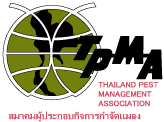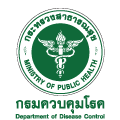
Dr. Roberts' career spans the years from 1965 to the present. He conducted original research on Oropouche virus in Brazil. Today, this virus-vector complex of Culicoides paraensis and Oropouche virus is recognized as an important emerging arboviral disease, second only to dengue in the Americas. Along with Brazilian collaborators he then reported original observations on the major malaria vector of the Amazon Basin. In 1980 Dr. Roberts returned to the U.S. as Chief of the entomology program at the Walter Reed Army Institute of Research (WRAIR). His department developed field-applicable tests for detecting malaria infections in mosquitoes and was among the first to achieve infections of mosquitoes with cultured falciparum malaria parasites. Dr. Roberts and others published the gene encoding the immunodominant surface antigen on the sporozoite of Plasmodium falciparum. Later Dr. Roberts joined the Department of Preventive Medicine and Biometrics (DPMB) at the Uniformed Services University of the Health Sciences (USUHS) in Bethesda, Maryland. He carried out a pioneering NASA program using GIS and remote sensing technologies for landscape epidemiological studies. Through much of his career he researched the extent that insecticides used in malaria control functioned as spatial repellents in preventing biting of people inside houses. He lobbied for scientific recognition that DDT and, to a lesser degree, other public health insecticides functioned more as spatial repellents than as toxic agents. He presented expert testimony four times before hearings in the U.S. Senate and once before the U.S. House of Representatives. In 2007 Dr. Roberts was awarded the annual Frank Brown Berry Prize in federal health care for his work. He is senior author of the The Excellent Powder, published in 2010. Dr. Roberts presently works in teaching and research in the DPMB program at USUHS.











